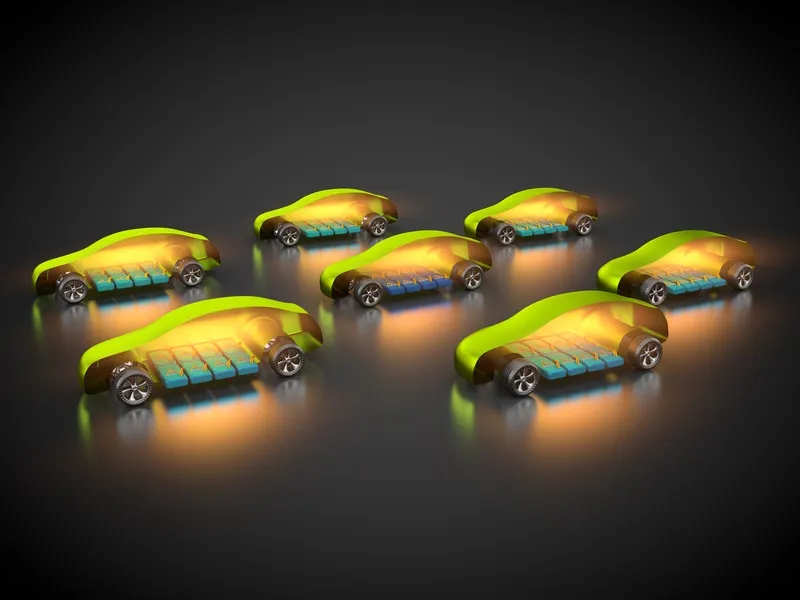According to Frost & Sullivan, BMW's ibrand could have a halo effect as did the Prius for Toyota. It could boost the market for electric vehicles which has had a slow uptake rate and also position BMW's brand as the most innovative premium OEM. Commenting on the launch of the new BMW i3, the electric supermini for sale in November, Frost & Sullivan said: "BMW is the first of the traditional premium manufacturers to take a leap of faith into the EV space with the i3. Like most car companies, BMW also sells 7
July 31, 2013
Read time: 2 mins
According to Frost & Sullivan, 1731 BMW's ibrand could have a halo effect as did the Prius for 1686 Toyota. It could boost the market for electric vehicles which has had a slow uptake rate and also position BMW's brand as the most innovative premium OEM.
Commenting on the launch of the new BMW i3, the electric supermini for sale in November, Frost & Sullivan said: "BMW is the first of the traditional premium manufacturers to take a leap of faith into the EV space with the i3. Like most car companies, BMW also sells 70 to 80 per cent of its cars to urban customers so used the mega trend of urbanisation to develop a dedicated car brand tailored and tuned to the future urban driver. At an entry price point of £ 25,680, BMW has aggressively priced the i3 for early adopters in the market. The car has a number of industry innovations like it is partially made from Carbon reinforced fibres, it provides vehicle to infrastructure services like and comes with a flexible mobility package which is in line with the market trend to sell ‘mobility’ and not cars.
“Frost & Sullivan believes that the ride will be rough for BMW in the first few years just as it was for Nissan with its Leaf but it will get easier as market starts to accept electric cars. It for sure is the most innovative car of the 21st century so far."
Commenting on the launch of the new BMW i3, the electric supermini for sale in November, Frost & Sullivan said: "BMW is the first of the traditional premium manufacturers to take a leap of faith into the EV space with the i3. Like most car companies, BMW also sells 70 to 80 per cent of its cars to urban customers so used the mega trend of urbanisation to develop a dedicated car brand tailored and tuned to the future urban driver. At an entry price point of £ 25,680, BMW has aggressively priced the i3 for early adopters in the market. The car has a number of industry innovations like it is partially made from Carbon reinforced fibres, it provides vehicle to infrastructure services like and comes with a flexible mobility package which is in line with the market trend to sell ‘mobility’ and not cars.
“Frost & Sullivan believes that the ride will be rough for BMW in the first few years just as it was for Nissan with its Leaf but it will get easier as market starts to accept electric cars. It for sure is the most innovative car of the 21st century so far."









